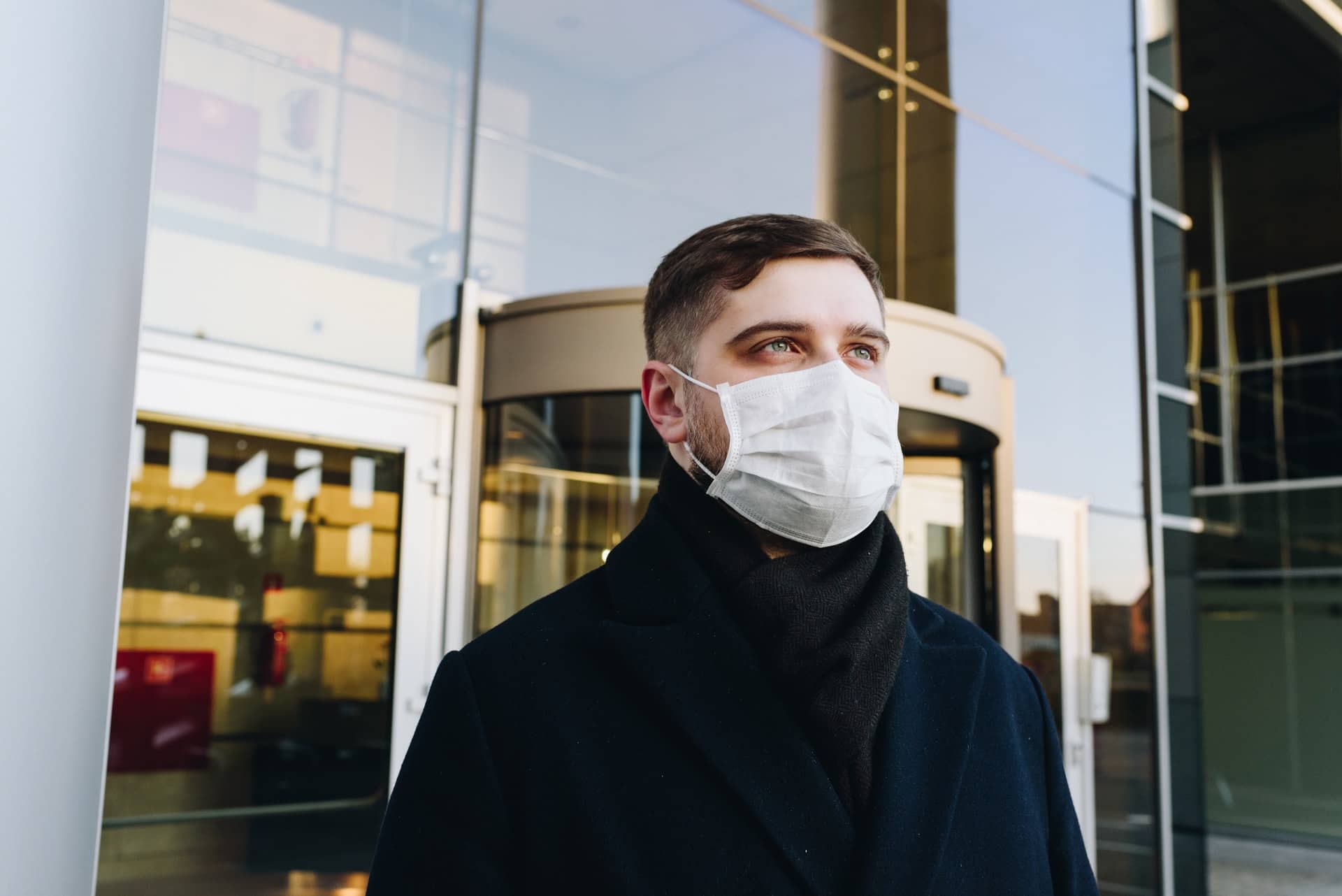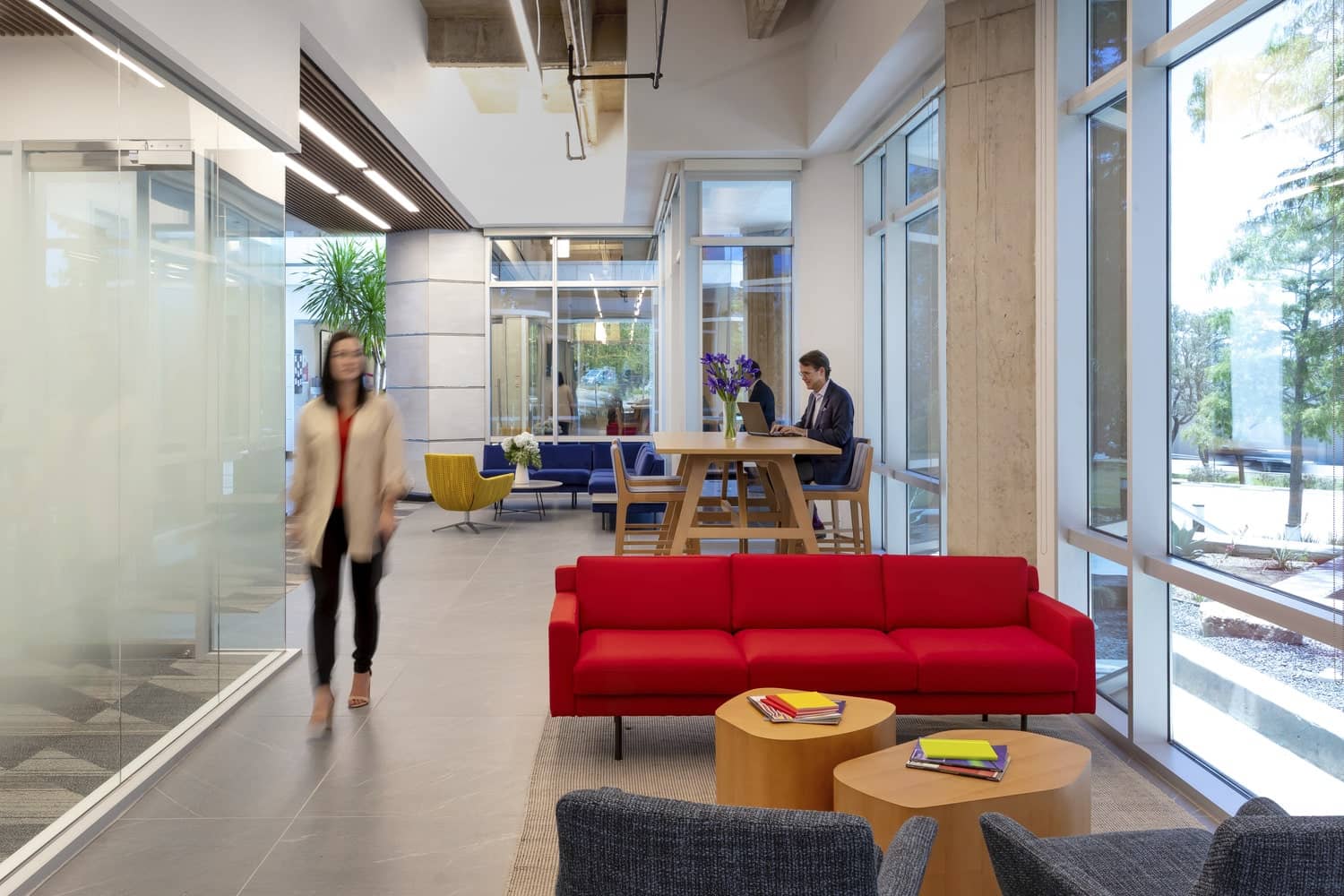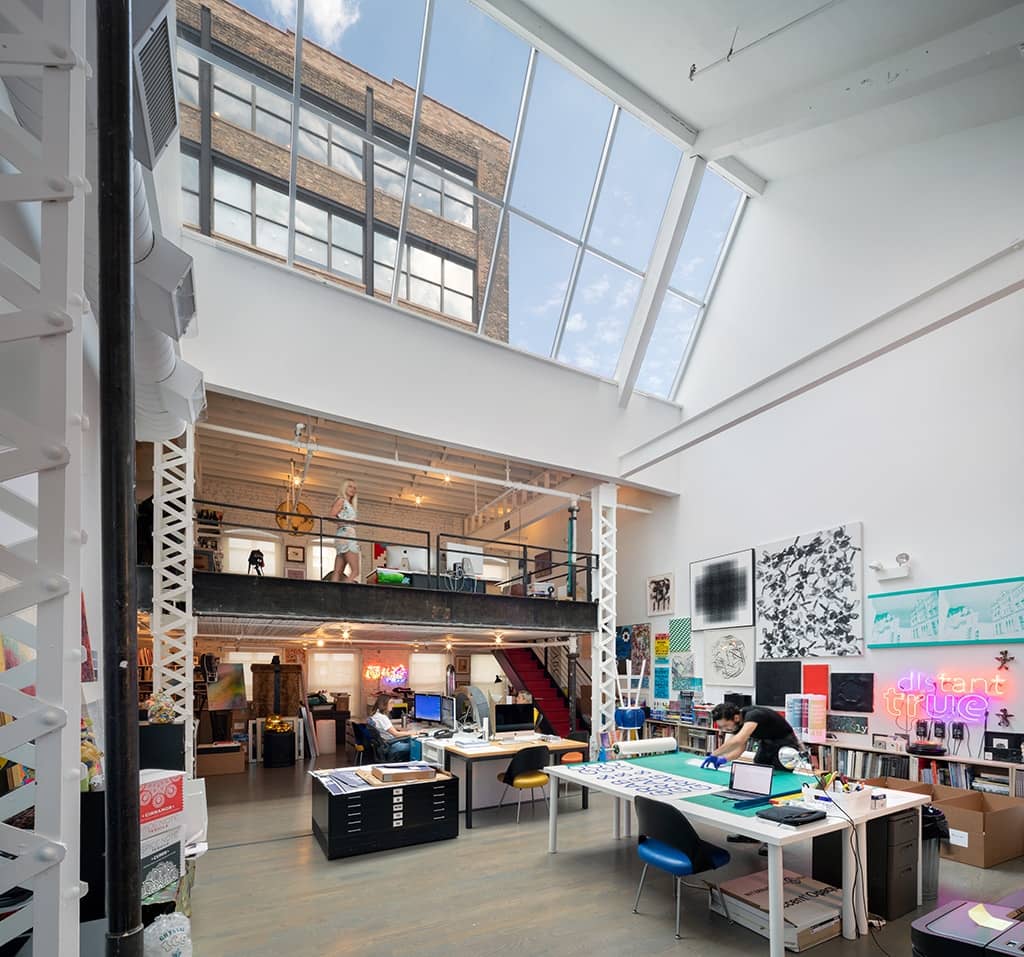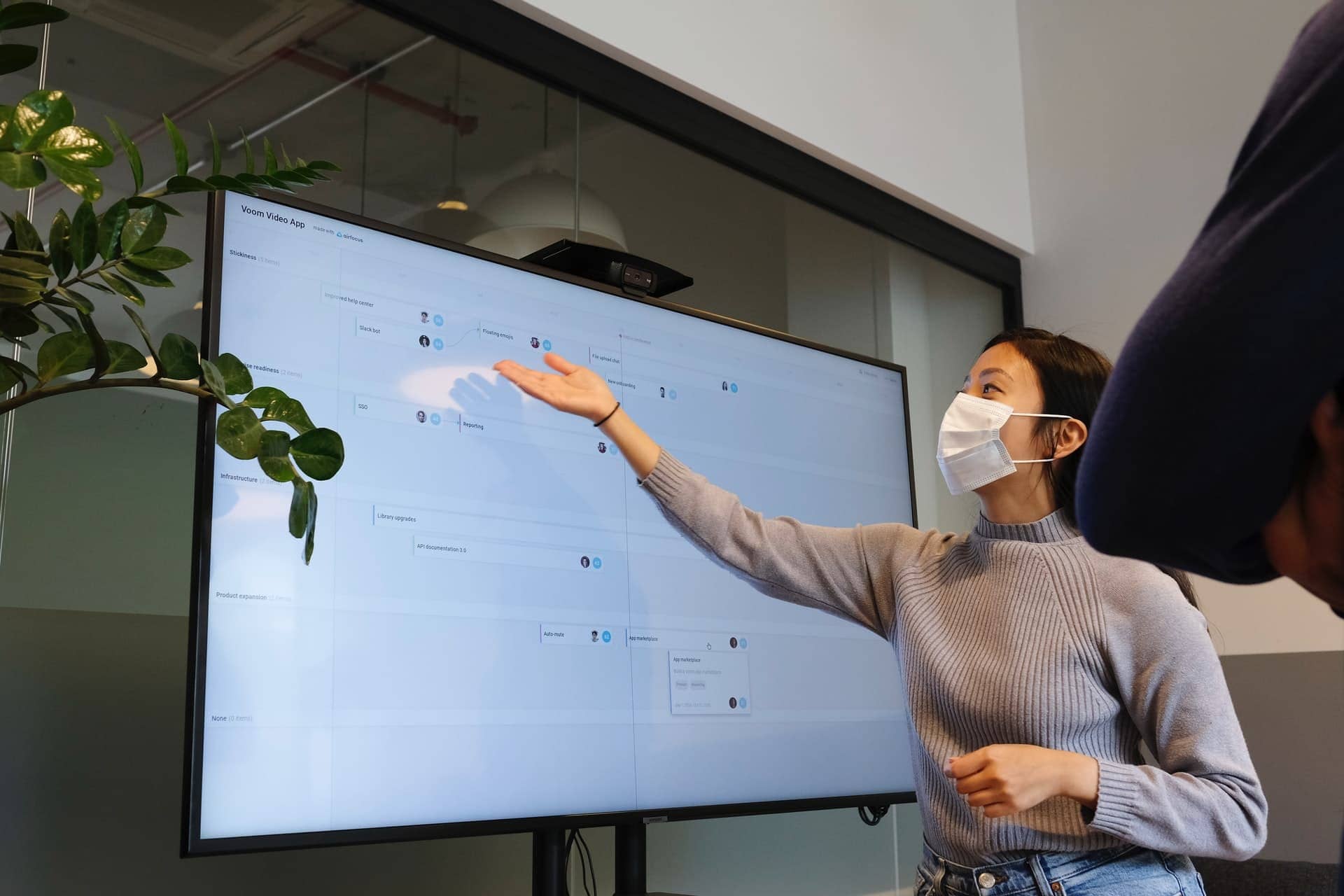What is considered a “safe” office?
That’s a very loaded question, but disease prevention experts agree that regularly cleaning and disinfecting surfaces, wearing facemasks, and regularly handwashing should make offices a safe working environment. Here are some general approaches employers and property managers are taking in preparation for re-entering staff:
Wash. Disinfect. Repeat.
According to the CDC, frequently touched surfaces and objects should be regularly cleaned with EPA-registered disinfectants. Companies and property owners should strategically place disinfectant products in high-touchpoint areas such as doors (door handles), in breakrooms near coffee makers and refrigerators, phones, etc. Also equip every employee workstation with a personal supply of cleaning products. Daily after hours “deep cleaning” may also be conducted by property management for common areas including restrooms, security desk areas, elevator, stairwells, turnstiles, door handles, reception waiting areas, etc.
NanoSeptic skins and mats can be complete game changers in this space. These self-cleaning wraps turn contaminated high-traffic touchpoints into continuously self-cleaning surfaces. They are powered by light and utilize mineral nanocrystals to create a powerful oxidation reaction on dirty surfaces, such as door handles. These types of door handles are already required for interior doors in most commercial and public facilities under the Americans with Disabilities Act.
Embrace touchless technology
Eliminating human touch as much possible through contactless technologies is key to safely returning to the office. In fact, it’s been estimated that the touchless sensing market will increase from $6.8 billion in 2020 to $15.3 billion by 2025 due to increased demand stemming from COVID-19. Think sensor faucets, motion activated doors (use key fobs and cards for additional security), motion-activated or timer lights, touchless water dispensers, automatic trash receptacles, sensor hand sanitizer dispensers, video conferencing, and even facial recognition technology.
Redefined HVAC Systems
According to Nearby Engineers, there are three main ways to get rid of airborne microparticles like mold spores, bacteria, allergens, and viruses from buildings: exhaust fans, high-performance filters, or purification methods.
The bipolar ionization approach is quickly gaining traction. Integrated into a building’s HVAC system, this technology essentially “scrubs” the air by converting oxygen molecules into charged atoms that then deactivate airborne pathogens. Bipolar ionization also attaches to small particles which are caught in air filter systems more effectively.
Another approach is ultraviolet germicidal irradiation (UVGI) which is already in use in many health care and laboratory facilities and are effective in disinfecting of in-duct air, upper-air, in-duct surface, and portable room decontamination.
Additionally, property managers can install air filters designed to trap contaminant particles of certain sizes using the MERV (Minimum Efficiency Reporting Value) rating scale when replacing air filters. Here’s what the scale means:
MERV 1 to 4 – Basic filtration to protect your heating and cooling system.
MERV 5 to 8 – Sufficient filtration for those without allergies or asthma.
MERV 9 to 12 – Mid-efficiency filtration that helps reduce allergy and asthma symptoms.
MERV 13 to 16 – High-efficiency filtration that traps tiny contaminants, such as smoke particles and bacteria.
MERV 17 to 20 – HEPA (High-Efficiency Particulate Air) filters that trap bacteria and viruses efficiently enough to reduce the spread of infection.
HEPA (High-Efficiency Particle Air) filters have a MERV rating of 17-20, meaning they can trap pollutants like lint, dust, pollen, mold spores, bacteria and virus carriers.
Engineering Controls
OSHA came out with a comprehensive guidance on Preparing Workplaces for COVID-19 which includes engineering controls. These easy-to-implement barrier solutions, like sneezeguards, can be great tools used throughout the office. Placing sneeze guards at front desks, or in between desks, can also help protect employees from potential COVID-19 risk.
Redesign the office
Just as we’ve seen in the public space of restaurants, doctor offices, and grocery stores, offices can reconfigure layouts in accordance with CDC recommendations to allow for more space between workstations and work areas. Employers may also consider using signs and maps to help employees safely navigate hallways with limited interaction. The American Industrial Hygiene Association (AIHA)’s “Reopening: Guidance for General Office Settings” offers useful post-COVID-19 office configuration resources.
Decisions to return to the office are complex and change based on the fluidity of the pandemic. Employers and building operators need to remain flexible and in accordance with state and federal guidance. Tenants/employers are advised to work closely with their building manager on detailed office-specific information.
Click here to learn more about the New Office post COVID-19.




